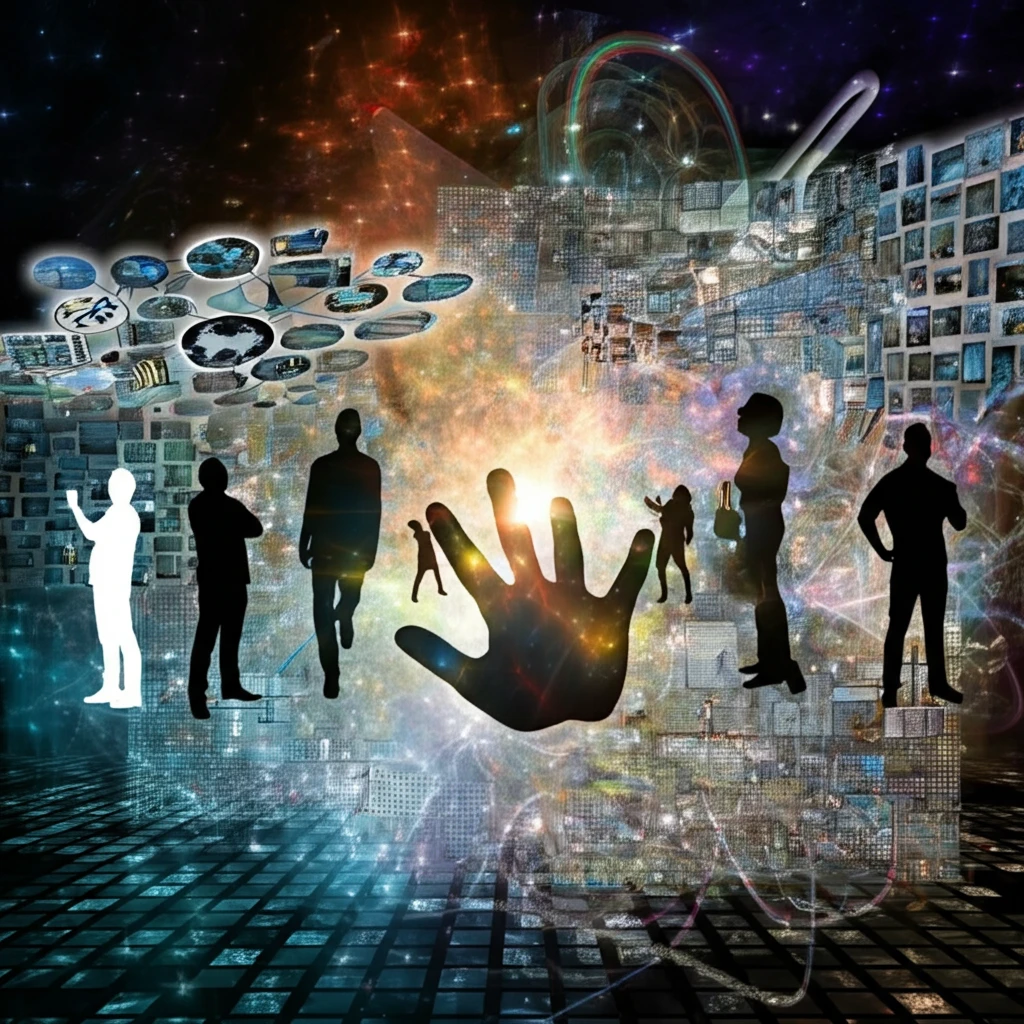
Unlocking Empathy: How Liberating Education Can Change the World
"Discover how embracing alterity in education can foster understanding, justice, and a more inclusive society."
In a world increasingly divided, the need for empathy and understanding has never been greater. Education, often seen as a tool for individual advancement, can also be a powerful force for social change. Liberatory education, a concept deeply rooted in Latin American philosophy, offers a unique approach to fostering empathy and promoting a more just and inclusive society.
At the heart of liberatory education lies the principle of alterity—the recognition and respect for the other. This approach challenges traditional educational models that often prioritize a singular perspective, neglecting the voices and experiences of marginalized communities. By embracing alterity, education can become a catalyst for breaking down barriers and building bridges between diverse groups.
This article delves into the core tenets of liberatory education, exploring its historical context, theoretical foundations, and practical applications. We'll examine how this approach can transform not only individual lives but also the broader social landscape, fostering a more empathetic and equitable world.
What is Liberatory Education?

Liberatory education emerged in Latin America during the 1960s and 70s, a period marked by widespread political repression and social inequality. In response to these challenges, thinkers like Paulo Freire and Enrique Dussel developed educational approaches that sought to empower marginalized communities and challenge oppressive systems. These ideas provided a foundation for social justice and human rights.
- Focus on Dialogue: Creating spaces for open and respectful dialogue between individuals with diverse backgrounds and perspectives.
- Embracing Multiple Perspectives: Encouraging students to explore and understand different viewpoints, even those that challenge their own beliefs.
- Critical Reflection: Fostering the ability to question existing power structures and dominant narratives.
- Action-Oriented Learning: Connecting learning to real-world issues and empowering students to take action for social change.
- Recognizing the Other: Embracing the concept of alterity to become active members in their community.
Embracing the Power of "Other"
By taking a step back and allowing the other to speak will help bridge the gap of understanding, and by taking the time to learn a different point of view might not change your mind, it could open it. Dussel's teachings have provided valuable insight on this topic. So embrace the power of 'other' because there is something to be learn, and not always something to fear.
